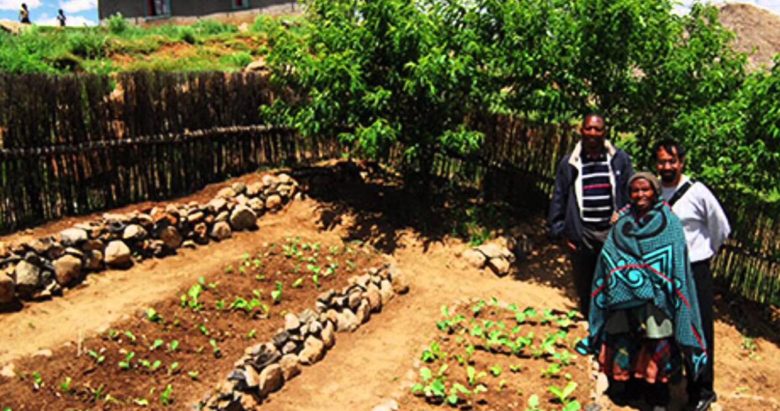Economy and Business in Lesotho
Lesotho is one of Africa’s smallest countries; a developing country with limited resources, without access to the sea and heavily dependent on South Africa – which geographically encompasses the mountain country completely. With limited agricultural land and few employment opportunities, labor has been one of Lesotho’s most important export goods, essential to the mining industry and agriculture in South Africa. Although fewer basuthoer over the years has been working in South Africa, and several have received South African citizenship, is made up around 1/3 of the country’s GNP of salary transfers from these guest workers. 17% of the male workforce found employment in South Africa in 2000 (compared with about 45% in 1987); nonetheless, around 35% of working-age basic females were unemployed or underemployed. When about 60,000 guest workers had to return to Lesotho in 1989–2001, this contributed significantly to unemployment.
Natural resources
Lesotho has few mineral deposits, but diamonds were mined in the Letseng-la-Terai mine until 1982, when it was closed. Diamond mining on a smaller scale started in 1999. The most important resource after the workforce is the water, which is exported – partly as water and partly as electric power – to South Africa. A large-scale construction project, Lesotho Highlands Water Project, will supply parts of South Africa with water, through pipelines. The first phase was completed in 1997; The entire project will be completed in 2017. In 2004, the Lesotho Lowlands Water Supply Scheme was launched to supply the local market, especially industry and agriculture in and around the capital Maseru, with water and power.
More than 70% of Lesotho’s population feed on agriculture; mainly animal husbandry and self-storage. The land is not suitable for agriculture, as only 10% of the area is cultivable, a further approx. 66% is suitable for grazing. Corn, wheat, sorghum and legumes are the most important agricultural commodities; This year, surplus wheat is exported to South Africa. From the animal husbandry, sheep wool and mohair are produced for export; cattle are also exported. In 2003, agriculture accounted for approx. 1 / 5 of total export earnings; 14% of GNI. The lack of soil and the intensive utilization of pastures have led to serious erosion damage.
Nutritional Roads
Lesotho has had little industry, but thanks to favorable access to the US market, an extensive textile industry (including footwear production) was developed in the early 2000s. This became a major factor in the country’s economic development, both in terms of employment and as a source of export revenue; in 2004 the sector was the country’s largest employer. Thetsane Industrial Area was organized by the authorities from 2001 to attract foreign investment; In 2003, Mohalés Hoek Industrial Estate was opened to gather new start-ups, especially in the textile sector.
Tourism has been an important industry, but value creation has declined in the 1990s due to the fact that it is a major factor. the political insecurity in the country. The riots in 1998 caused major financial damage to the country through direct material destruction. This also reduced the prospect of continued economic growth. Lesotho is one of the hardest-hit African countries in the HIV / AIDS epidemic, which is also affecting economic development. The disease causes, among other things, to reduced productivity in agriculture, and is a contributing cause, together with drought, that Lesotho has had to receive international food aid for several periods.
Foreign Trade
Together with Botswana, Namibia and Swaziland, Lesotho is linked to South Africa through the Southern African Customs Union (SACU) Customs and Currency Union. Foreign trade shows large deficits, however, which are offset by transfers from workers on contract in South Africa, as well as payments from SACA. Since the cessation of diamonds ceased in 1982, textiles, wool and cattle are the most important export products, while exports of water and electricity to South Africa will be an important source of income. South Africa is Lesotho’s most important trading partner; Trade with the other SACU countries is also significant – and from the beginning of the 2000s, the United States is the leading market for Lesotho’s growing textile industry.
Transport and Communications
Lesotho is a mountainous country, and many villages are not connected to the road network, although this has to a considerable extent been developed, and most of the valleys are connected by easy roads. The total road network in 2004 was approx. 6000 km, including easy roads suitable only for four-wheel drive. Lesotho is linked to the South African railway network through a 2 km long sideline from the capital Maseru to Marseilles. The communication lines to South Africa are crucial for Lesotho, which is far from the sea. Due to the inaccessibility, small aircraft play an important role in communications, and there are several small airports with regular traffic; even more flight strips. Maseru has an international airport (Thota-Moli).



